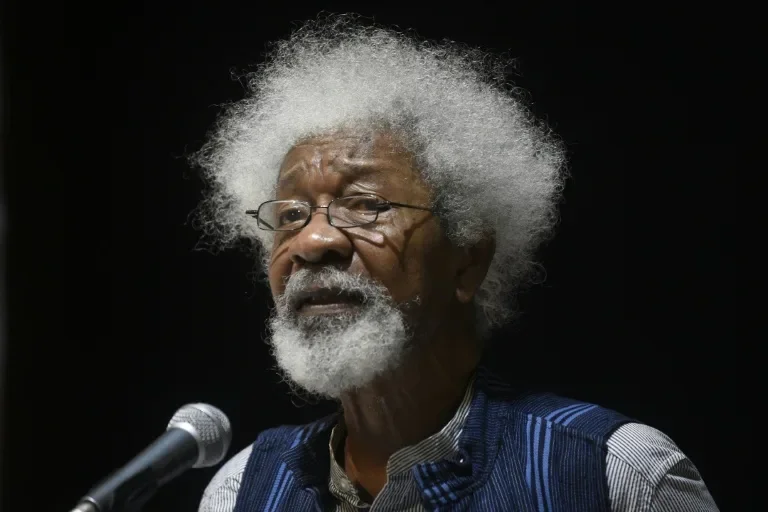In the Omo Valley of southern Ethiopia, the Hamar people observe one of the most dramatic and symbolic rites of passage in Africa: the “Bull Jumping” ceremony. This ancient tradition is a key component of a young Hamar man’s transition into adulthood. To prove his readiness for marriage and adult responsibilities, the young man must leap over a line of bulls, an event that marks his initiation into manhood. This ritual is not just a test of physical strength but also a demonstration of courage, skill, and readiness to embrace the roles expected of him in Hamar society. This article delves into the significance, process, and enduring relevance of this fascinating custom.
The Importance of the Bull Jumping Ceremony
The Hamar people are a pastoralist community, and cattle hold a central place in their culture. Wealth, social status, and identity are often tied to livestock ownership. As such, the bull jumping ceremony, or “Ukuli Bula,” symbolizes more than just a man’s entry into adulthood; it also connects him to the community’s agricultural and livestock traditions, cementing his role as a protector and provider.
The ceremony is a mandatory rite of passage for young men in Hamar society. Without completing it, a man is not considered eligible for marriage and cannot hold significant social status. It is a powerful marker of identity, tradition, and the young man’s commitment to his family and future responsibilities. The event draws the entire community together, as it is considered not only a personal milestone for the young initiate but also a moment of collective pride and celebration.
Preparation: Seclusion and Emotional Strength
Before the bull-jumping ceremony, the initiate enters a period of seclusion where he is prepared both physically and mentally for the challenge ahead. This period of isolation is overseen by the elders of the community, who offer guidance, wisdom, and sometimes prayers to fortify the young man for the task.
Family members also play a crucial role in this stage, particularly female relatives who engage in symbolic whipping rituals as part of the preparation. These women, often sisters or cousins, willingly offer themselves to be lashed by the men of the family, demonstrating their support for the initiate and proving their own strength and resilience. The scars from these whippings are worn proudly, marking the women’s loyalty to their male kin.
The period leading up to the ceremony is a time of emotional and spiritual preparation. The young man must prepare himself not only for the physical leap over the bulls but for the responsibilities that await him as an adult member of the Hamar society.
The Ceremony: Leaping into Adulthood
The bull-jumping ceremony itself is a grand affair that takes place in the heart of the Hamar community. The young man, often naked or wearing minimal clothing, must leap over a line of bulls that are lined up side by side. These bulls are typically smeared with dung to make them slippery, adding an extra layer of difficulty to the task.
The initiate must make a minimum of four successful jumps across the backs of the bulls, landing on the other side without falling. If he slips or falls, it is seen as a sign that he is not yet ready for adulthood, and the ceremony may need to be repeated. Successful completion of the jump is met with cheers, songs, and dances from the gathered crowd, marking the initiate’s successful transition into manhood.
The bulls themselves are integral to the ritual. As symbols of wealth and status, their presence reinforces the young man’s new role as a future herder and head of a household. The physical act of jumping over the bulls represents the leap from childhood dependence to adult responsibility.
Cultural and Social Implications
Once the bull-jumping ceremony is complete, the young man is officially recognized as an adult in the community. He is now eligible to marry and take on the roles expected of him in society. For the Hamar, marriage is not just a personal union but a social contract that extends to the family and community at large.
In Hamar culture, polygamy is common, and a man’s wealth and status are often measured by the size of his family and the number of cattle he owns. Having completed the bull-jumping ceremony, the young man is now seen as capable of managing these responsibilities, providing for his family, and upholding the traditions of his ancestors.
Controversies and Modern Perspectives
In modern times, the bull-jumping ceremony has drawn attention from tourists and anthropologists alike. While many visitors are fascinated by the dramatic and dangerous nature of the ritual, some critics have raised concerns about the treatment of women during the whipping process and the potential for harm to both participants and animals.
Despite these criticisms, the Hamar people have largely maintained the tradition, viewing it as a vital part of their cultural heritage. The ceremony continues to be a defining moment in the life of a young Hamar man, symbolizing his readiness to take on the challenges of adulthood and his deep connection to the land and livestock that sustain his people.
Conclusion: A Leap of Faith and Tradition
The bull-jumping ceremony of the Hamar people is a powerful testament to the enduring significance of rites of passage in traditional African societies. It is a ritual that blends physical prowess with deep cultural symbolism, representing a young man’s transition into adulthood and his commitment to his community’s way of life. Though shocking to outsiders, the practice is revered among the Hamar, showcasing their resilience, strength, and adherence to ancient traditions that have been passed down through generations.























